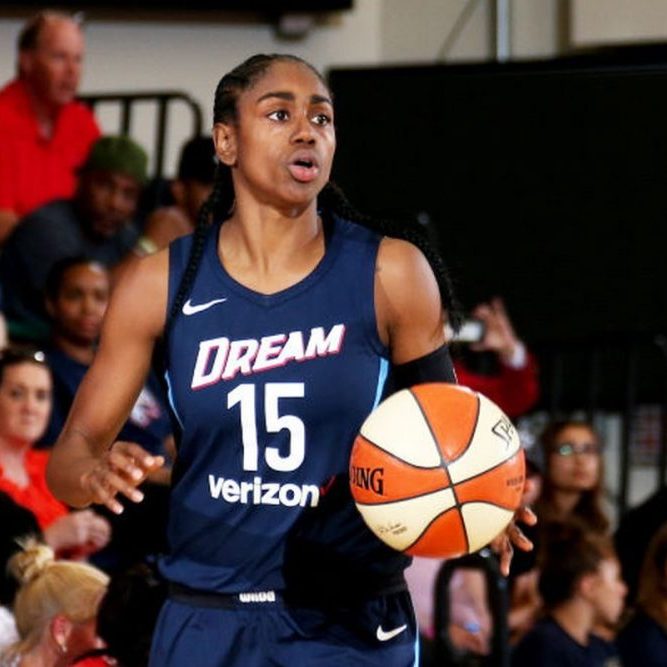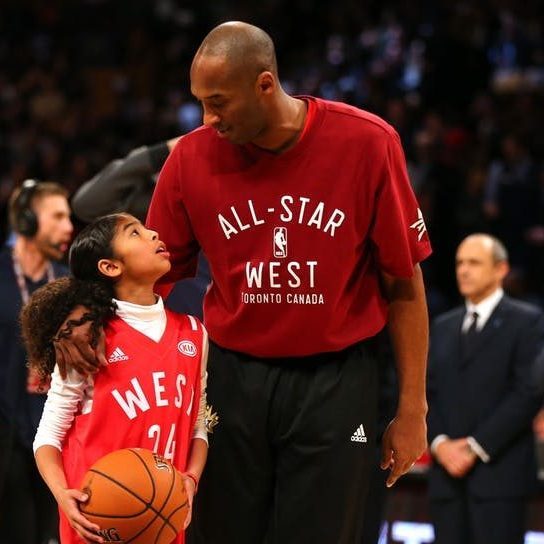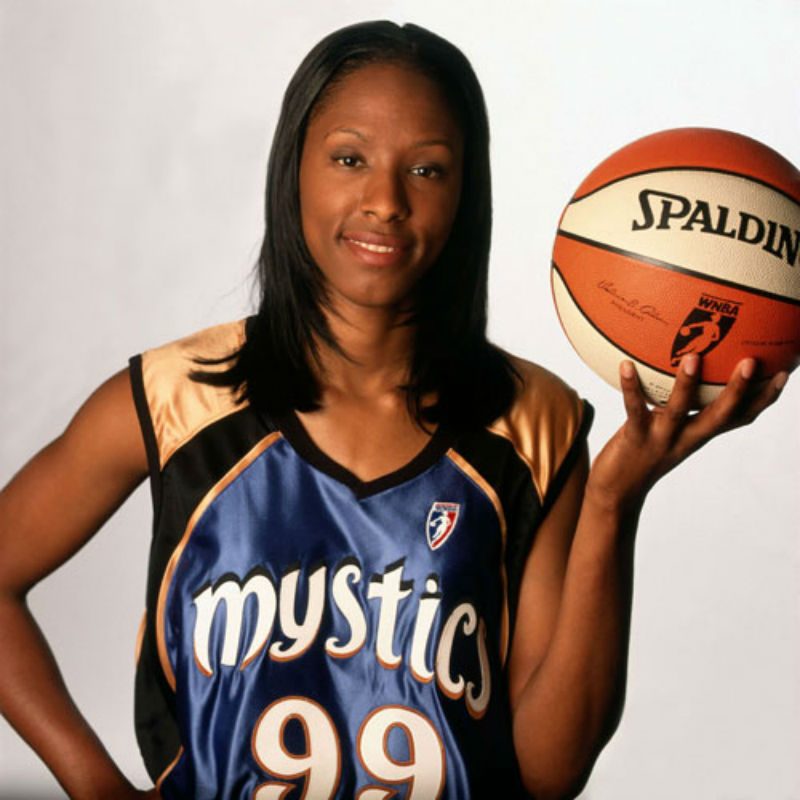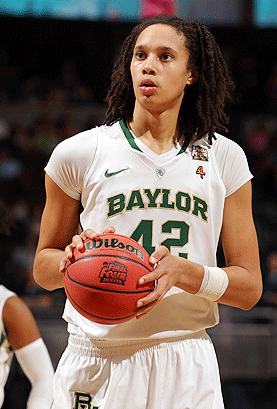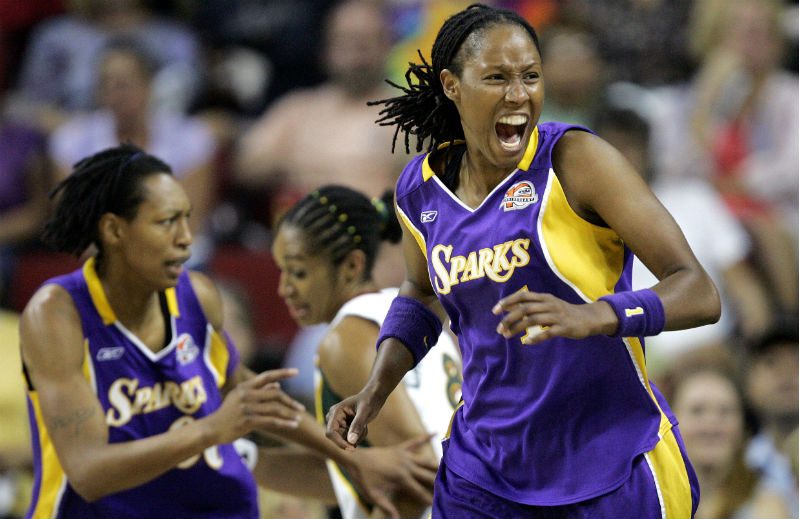
What makes a champion from winning on the basketball court to taming a bipolar disorder.
Chamique Holdsclaw spent most of her life on the winning side of things. During her time at Christ the King High School in Queens, N.Y., she helped her team win four straight New York State Championships. And under legendary coach Pat Summit at the University of Tennessee, she led her team to an unprecedented three straight NCAA Championships in a row, from 1996 to 1998.
But when Holdsclaw got to the WNBA, something began to shift both on and off the court. She was no longer winning games, no longer surfing the highs of success, and unable to escape the lows that crept in afterwards. She didn’t know it at the time, but she was battling an adversary she couldn’t outrun or outshoot. She was living with a mental illness.
“The only time that I felt really out of place on the basketball court was after I had been first diagnosed and stepped away from the game for a bit,” she explains. “One of my coaches convinced me to come back while I was on medication. When I stepped on the basketball court, it felt so unfamiliar. Everything around me seemed like it was happening in slow motion, and I just felt like I didn’t belong. I didn’t like that. So after a while, I stopped taking my medication.”
In 2012, Holdsclaw reached a breaking point when she was arrested for firing a handgun at her ex’s car. She remembers talking to her ex after it happened and thinking it felt like an out-of-body experience. The media jumped all over the story and portrayed Holdsclaw as just a head case—a player who couldn’t cope when her career took a dive. That was tough to watch, tougher to live through, she says, but it needed to happen.
“It was something in my life where I wish I could have a redo, but it’s also something that has impacted me for the better. I don’t know if I would be here today if it weren’t for that incident, because it pushed me to get help.”
Though Holdsclaw was diagnosed again as bipolar, this time she has prescribed a different medication. “It’s like when you’re dating around, trying to find the right partner,” she says. “It’s the same thing. You have to try a few different things before you find the right medication. You have to see what works for you and what doesn’t. I went through that whole process to find the right meds.”
With her life and mental health back on the right track, Holdsclaw decided to use her prominence as a professional athlete as a platform from which to speak out about mental illness. She also began running basketball camps for kids, making sure they’d have breakout sessions where they’d learn how to express their emotions—a skill that Holdsclaw herself lacked when she was growing up.
“Kids love sports. And kids love to listen to sports figures. A lot of these kids struggle emotionally, and they don’t know how to express themselves. I don’t want them going through what I went through.”
Holdsclaw also told herself that if she had the opportunity, she would use her voice to help others. Fittingly, LOGO reached out, offering to make a documentary about her. But at first, Holdsclaw declined.
“I didn’t want my personal life out there on TV,” she admits. “But I realized that so many people go through similar situations and don’t have the platform that I do. I knew it had the potential to help a lot of people.”
When mental illness is the topic of discussion, there are often negative connotations—and a certain stigma to overcome. Many people look at it as a sign of weakness and can picture only the most extreme behaviours, such as people out on the streets talking and shouting at no one. It’s a harmful misconception, one that Holdsclaw knows all too well.
“It’s like you say ‘mental illness and people automatically think ‘crazy.’ But mental illness is something you can live with, and function and have a successful life. Once I started talking openly about it, people started to tell me their own stories, about themselves, their friends and family members, and they started asking questions. That’s why it’s so important to maintain an open dialogue.”
Holdsclaw ended up doing the documentary after all. MIND/GAME: The Unquiet Journey of Chamique Holdsclaw aired on LOGO in April 2016. It gave viewers a raw and intimate look at the rise and fall of an incredible athlete who is also a woman living with a disorder that affects people all over the world. A woman who reached the mountaintop fell to the ground and lived to tell about it. Now, the 38-year-old is retired from basketball and works full-time as a mental health advocate.
“I’m just glad I’ve come to this place of acceptance in my life. I wake up every morning and say, ‘OK—I’m a lesbian. I’m a black woman. I have mental health issues. This is who I am, so let me step into the world and live my truth.’ ”

